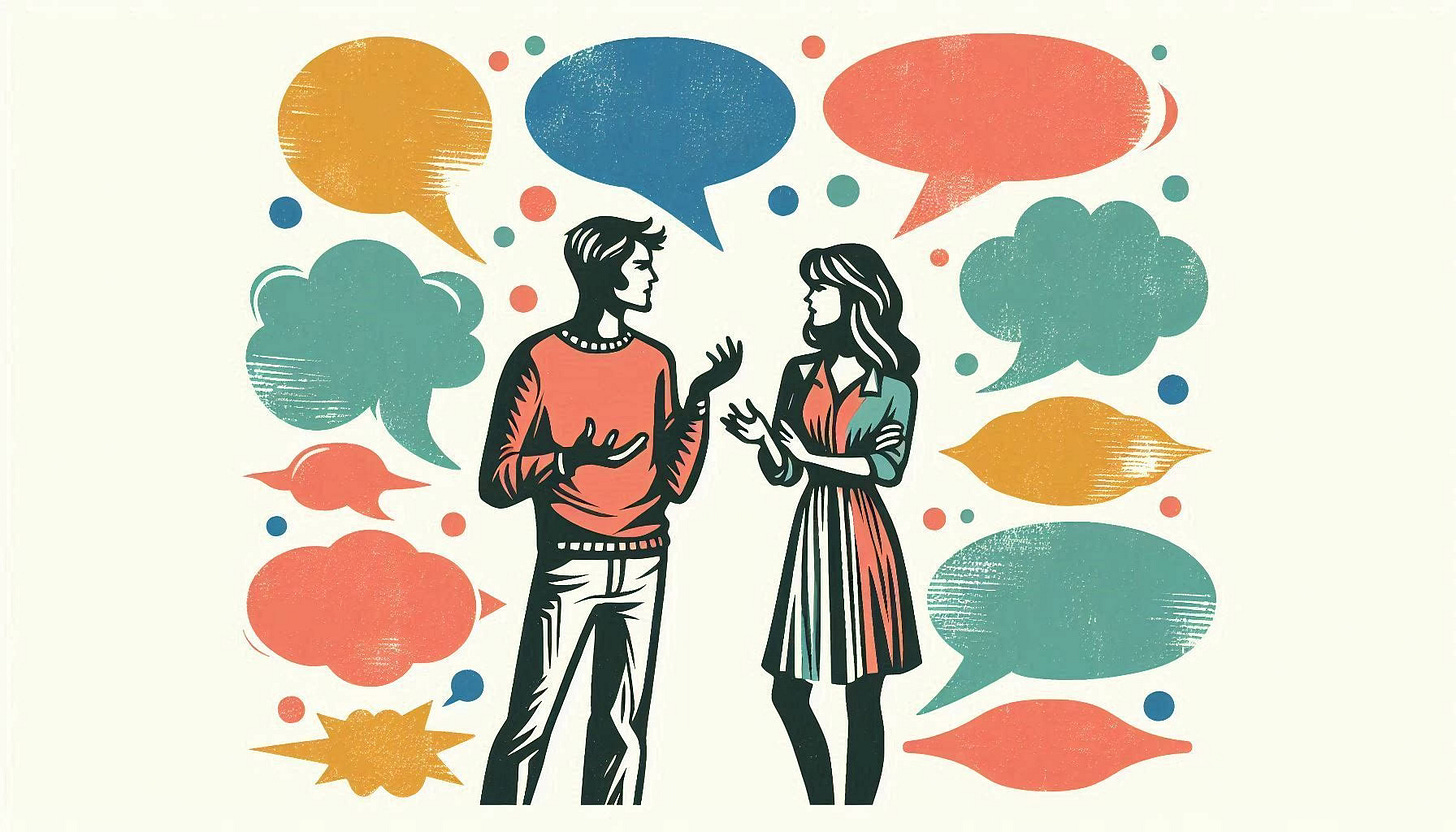The Surprising Joy of Controversial Conversations
Many of us, even those who genuinely value free speech and appreciate a marketplace of ideas where diverse viewpoints can be openly shared, find ourselves hesitating when it comes to engaging in conversations involving potentially divisive topics. Despite our intellectual curiosity and desire to learn about different perspectives, we of…


